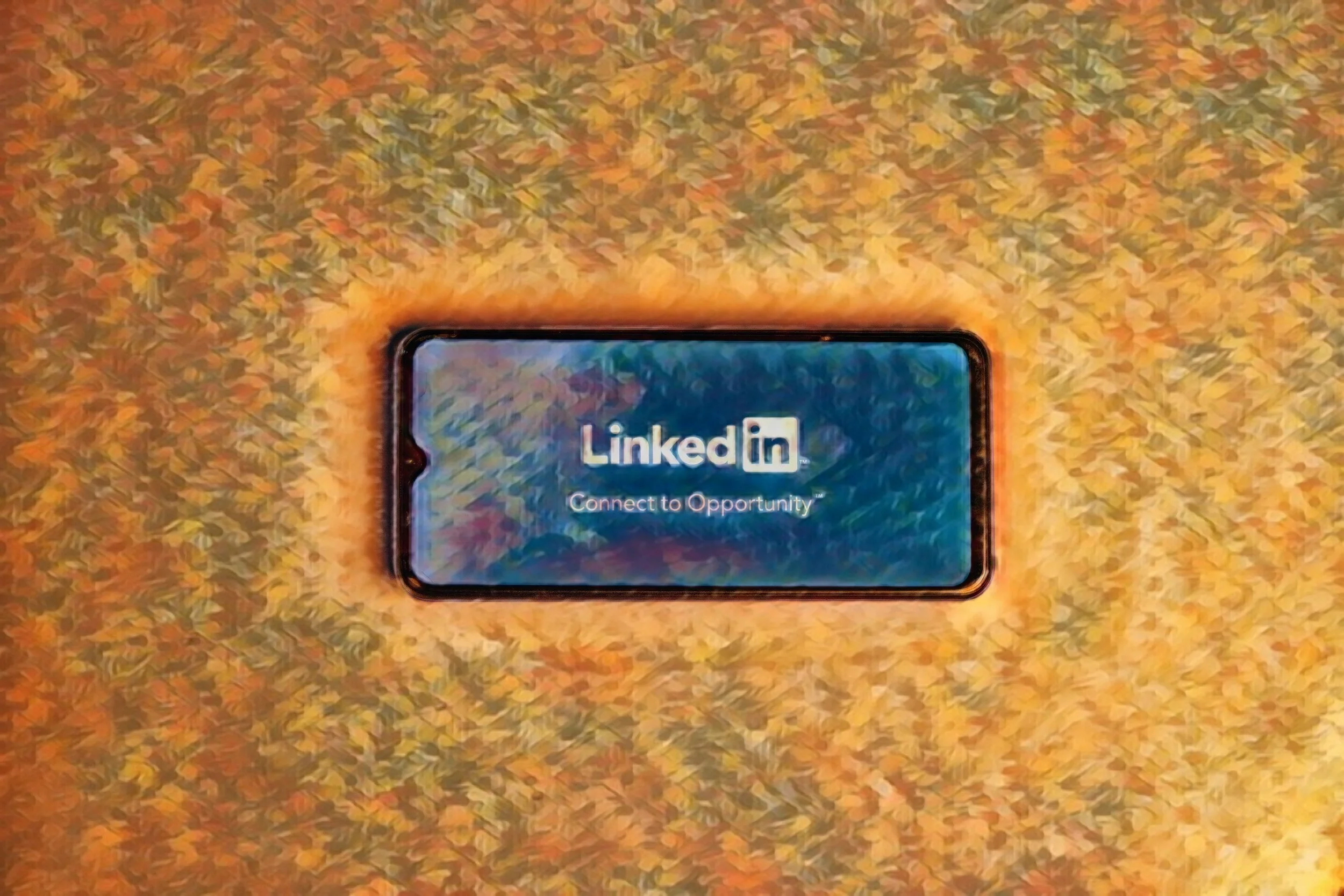High-Value Clients Buy on Results, Not Personality
The biggest mistake service providers make is thinking of charm and likability to close deals with high-value clients. They don't.
Sophisticated buyers with serious money on the line care about one thing: Can you deliver the outcomes they need?
The Personality Trap
Many professionals believe they need to be the most charismatic person in the room.
They focus on:
• Building rapport through small talk
• Showcasing their awards and credentials
• Telling stories about their journey
• Being memorable and entertaining
This approach works for low-stakes purchases. It fails miserably with high-value clients.
What High-Value Clients Actually Want
High-value clients operate differently.
They're buying solutions to critical business problems, not friendship.
They evaluate based on:
• Proven track record of similar results
• Clear methodology and process
• Specific case studies with measurable outcomes
• Risk mitigation strategies
• Timeline and deliverables
These clients have already done their homework before they meet you. They know your reputation. They've seen your work.
Results-Focused Positioning
Your personality might get you in the door, but results keep you there and justify your premium pricing.
Lead with outcomes:
• "We increased client revenue by 40% in 6 months"
• "Our process reduced operational costs by $2M annually."
• "100% of our clients achieved their target ROI within 12 months"
Skip the personal anecdotes. Get straight to the business impact.
The Credibility Foundation
High-value clients buy from people they trust to execute. Trust comes from demonstrated competence, not charm.
Build credibility through:
• Detailed case studies with specific metrics
• Client testimonials focused on results achieved
• Clear explanation of your methodology
• Transparent discussion of potential challenges
The Premium Pricing Reality
Clients paying premium prices expect premium results. They're not paying extra for your personality or entertainment value.
They're investing in:
• Faster achievement of their goals
• Higher quality outcomes
• Reduced risk of failure
• Access to specialised expertise
How to Shift Your Approach
Instead of: "Let me tell you about my background..."
Say: "Here's how we solved a similar challenge for another client..."
Instead of: "I'm passionate about helping businesses grow..." Say: "Our last three clients saw 35% revenue growth within 8 months..."
Instead of: "We have a great team and culture..." Say: "Our proven methodology includes five key phases that ensure delivery..."
The Consultation Difference
High-value prospects don't need to be sold. They need to be convinced you can execute.
Your initial conversations should focus on:
• Understanding their specific situation
• Identifying the gap between current and desired state • Outlining your approach to bridging that gap
• Discussing timeline and expected outcomes
Personality vs. Professional Presence
This doesn't mean being robotic or cold. Professional presence matters, but it's different from trying to be likeable.
Professional presence includes:
• Confidence in your abilities
• Clear communication of complex concepts
• Thoughtful questions about their business
• Honest assessment of challenges and opportunities
The Long-Term Relationship
Ironically, focusing on results creates stronger client relationships than focusing on personality ever could.
When you deliver what you promise, clients become advocates. They refer others not because they enjoyed your company but because you solved their problems.
Your Reputation Precedes You
High-value clients often know about your work before you meet. Your reputation for results is what gets you the meeting.
Once you're in the room, let your track record do the talking. Present your methodology. Share relevant case studies. Discuss how you'll measure success.
The Bottom Line
High-value clients buy confidence in your ability to deliver. They buy proven processes. They buy measurable outcomes.
Save your personality for after you've earned their business through results. Then, and only then, does the relationship become personal.
Focus on what you can do for them, not who you are. The clients who matter most will appreciate the difference.





